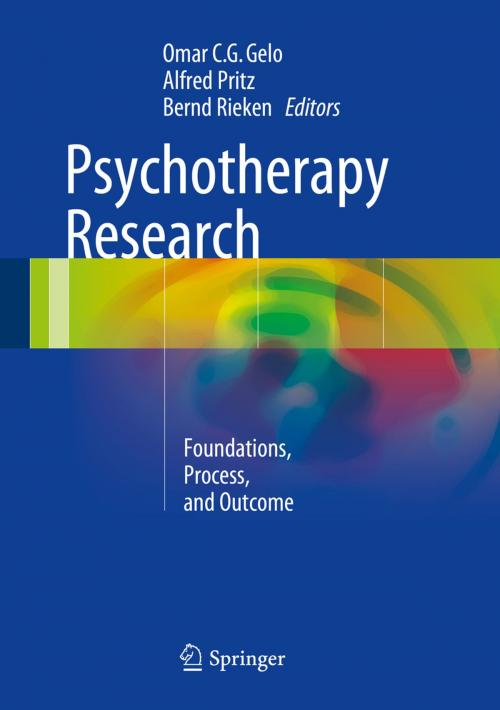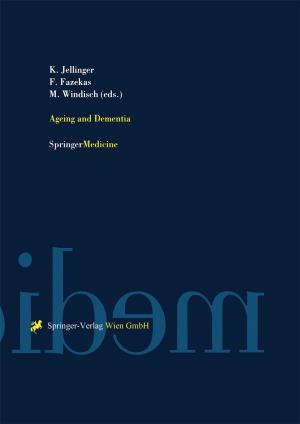Psychotherapy Research
Foundations, Process, and Outcome
Nonfiction, Health & Well Being, Psychology, Psychoanalysis, Psychotherapy, Medical| Author: | ISBN: | 9783709113820 | |
| Publisher: | Springer Vienna | Publication: | December 24, 2014 |
| Imprint: | Springer | Language: | English |
| Author: | |
| ISBN: | 9783709113820 |
| Publisher: | Springer Vienna |
| Publication: | December 24, 2014 |
| Imprint: | Springer |
| Language: | English |
This book provides readers with essential information on the foundations of psychotherapy research, and on its applications to the study of both psychotherapy process and outcome. The aim is to stimulate a reflection on these issues in a way that will benefit researchers and clinicians, as well as undergraduate and graduate students, at different levels and from different perspectives. Accordingly, the book presents a balanced mix of chapters summarizing the state of the art in the field from different viewpoints and covering innovative topics and perspectives, reflecting some of the most established traditions and, at the same time, emerging approaches in the field in several countries. The contributors, who were invited from among the experts in our national and international professional networks, also represent a healthy mix of leading figures and young researchers. The first part of the book addresses a number of fundamental issues in psychotherapy research at a historical, philosophical, and theoretical level. The second part of the book is concerned with research on psychotherapy processes; in this regard, both quantitative and qualitative approaches are given equal consideration in order to reflect the growing relevance of the latter. The book’s third and last part examines research on psychotherapy outcomes, primarily focusing on quantitative approaches. Offering a balanced mix of perspectives, approaches and topics, the book represents a valuable tool for anyone interested in psychotherapy research.
This book provides readers with essential information on the foundations of psychotherapy research, and on its applications to the study of both psychotherapy process and outcome. The aim is to stimulate a reflection on these issues in a way that will benefit researchers and clinicians, as well as undergraduate and graduate students, at different levels and from different perspectives. Accordingly, the book presents a balanced mix of chapters summarizing the state of the art in the field from different viewpoints and covering innovative topics and perspectives, reflecting some of the most established traditions and, at the same time, emerging approaches in the field in several countries. The contributors, who were invited from among the experts in our national and international professional networks, also represent a healthy mix of leading figures and young researchers. The first part of the book addresses a number of fundamental issues in psychotherapy research at a historical, philosophical, and theoretical level. The second part of the book is concerned with research on psychotherapy processes; in this regard, both quantitative and qualitative approaches are given equal consideration in order to reflect the growing relevance of the latter. The book’s third and last part examines research on psychotherapy outcomes, primarily focusing on quantitative approaches. Offering a balanced mix of perspectives, approaches and topics, the book represents a valuable tool for anyone interested in psychotherapy research.















